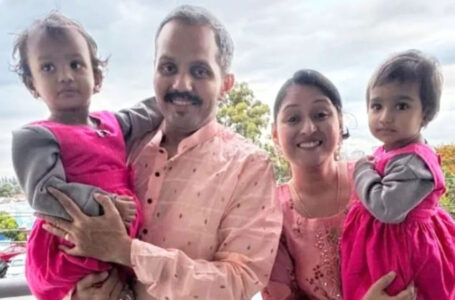Bill Proposing Dual Citizenship for Overseas Indians Presented in Parliament
The Indian Parliament has recently been introduced to a new Bill concerning Dual Citizenship by Dr Sashi Tharoor, a renowned Congress leader and MP for Thiruvananthpuram. This drafted legislation seeks to grant millions of foreign nationals hailing from India to secure a dual citizenship status from the government.
Dr Tharoor reiterated that having a foreign passport does not define the amount of heritage an individual has. India still has the biggest diaspora in the globe; a significant fraction of the population migrated to other countries to find better economic opportunities, which the MP further noted.
The said Bill presented last July aims to amend the Indian Constitution’s Article 9, which rescinds a person’s Indian citizenship as soon as they acquire foreign citizenship in another country.
Current Law Relating to Dual Citizenship
Generally, the Constitution of India requires a person to renounce their Indian citizenship when they become naturalised in the foreign country that they are residing in. This rule essentially cuts off an overseas Indian from certain rights granted to the mother homeland’s citizens, such as their stake at voting and owning land in India.
Demands for dual citizenship has gone on for many years. As an answer, the government rolled out the Overseas Citizen of India (OCI) card to permit Indian-born individuals to stay and work within the country for as long as they like. However, they still cannot fully enjoy the benefits of being an Indian citizen.
For an overseas Indian who fails to surrender their Indian passport as soon as they acquire foreign citizenship, a fine of as much as $1,050 is placed upon them. This is an offence, as stated in the constitution’s Indian Passport Act.
Rare instances wherein a person can have dual citizenship include being a foreign diplomat’s child, granted that their diplomat parent is actively serving in India; or an Indian-origin minor who still hasn’t acquired a passport from their country of citizenship.
India as the Largest Diaspora
The call for the bill to be passed comes mostly from the vast number of Indian migrants all over the world. In 2018, around 15.6 million Indians lived in a different country, as stated in the UN’s World Migration Report. This is the largest diaspora, with work opportunity being the biggest factor for an Indian to seek citizenship abroad.

A rise in the Indian population in different countries like Australia and Canada also prompted their respective governments to grant citizenship to these individuals, which inevitably causes them to renounce their Indian citizenship.
However, many are still pushing for dual citizenship because they feel a great sense of nationalism and would not want to uproot themselves from their Indian origin. A lot of overseas Indians have successful careers in their country of naturalisation, which may prove useful in harnessing the intellectual capital that is much needed in India, experts suggest.
Of the 15.6 million Indians living and working in other countries, 7.5 million of them are either in the United Arab Emirates, Saudi Arabia or the USA.







